Class 401 2-BIL Profile and Models
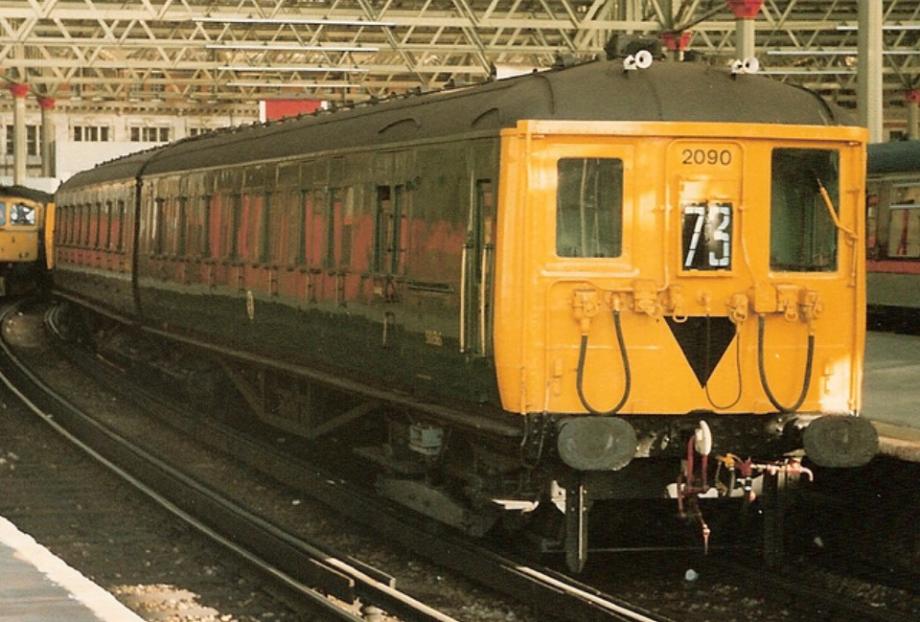
2090 at London Waterloo in November 1986. ©Michael Day
|
The Southern Railway (SR) gave the designation 2-BIL to the DC third rail electric multiple units built during the 1930s to work long-distance semi-fast services on the newly electrified lines from London to Eastbourne, Portsmouth and Reading. This type of unit survived long enough in British Rail ownership to be allocated TOPS Class 401. The 2-BIL units (2-car Bi-Lavatory stock) were so-called because each set had two lavatories, one in each car. The different batches were broadly similar, though in the first one, the driving motor brake car had a smaller brake compartment and seven full compartments, rather than six-and-a-half in the later batches. |
|
|
Type of Unit |
DC Third-Rail Eelectric Multiple Unit |
|
Builder |
Southern Railway |
|
Build Dates |
1935 to 1938 |
|
Total Built |
152 Sets |
|
Power Output |
500hp to 575hp per set |
|
Top Speed |
75 mph |
|
Passenger Capacity |
76 to 84 seated per set |
|
Operated By |
Southern Railway British Railways |
|
Main Duties |
Semi-Fast Passenger Services |
|
In Service Until |
1971 |
|
Surviving Examples |
1 set |
Products awaiting categorisation
| Scale | Brand | Image | Construction Type | DCC Capability | Product Code | Product Title | Livery |
|---|---|---|---|---|---|---|---|
| OO Gauge (1:76 Scale) | Kitbuilt (unknown brand) |

|
RTR/RTUse/Pre-assembled | Not set |
KB556 View |
Class 401 2-BIL 2-car EMU 2045 in BR green livery - Dummy cat set | BR green with late crest |
| OO Gauge (1:76 Scale) | Phoenix Railway |
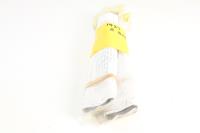
|
Requires assembly | Not set |
PR001 View |
1937 SR 2-Bil kit - Motor Brake 3rd & driving trailer Compo | Awaiting Categorisation |


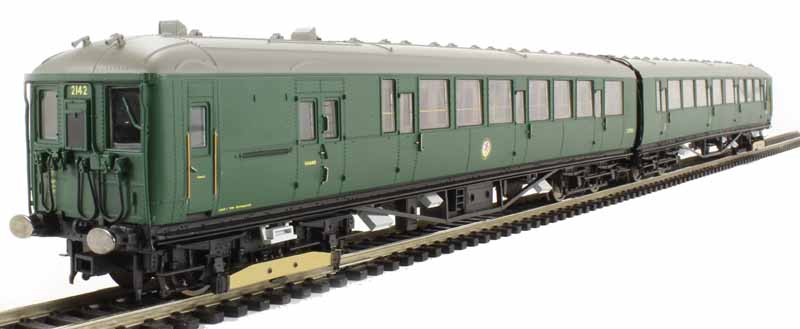
 SR olive green
SR olive green
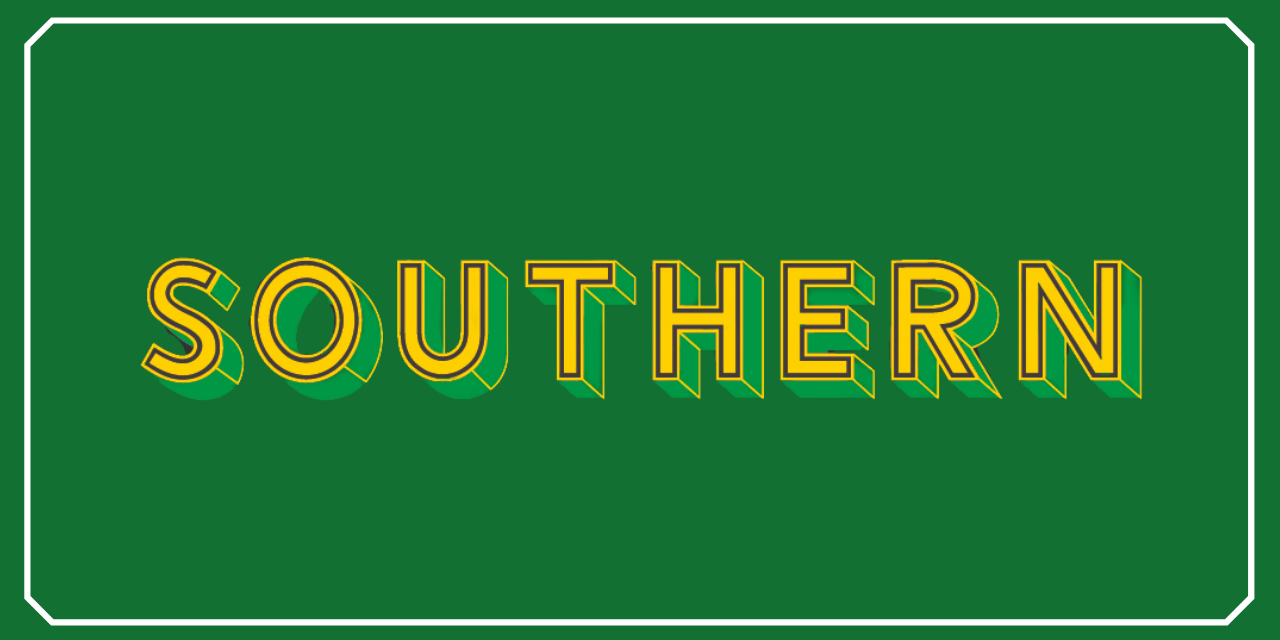 SR malachite green
SR malachite green
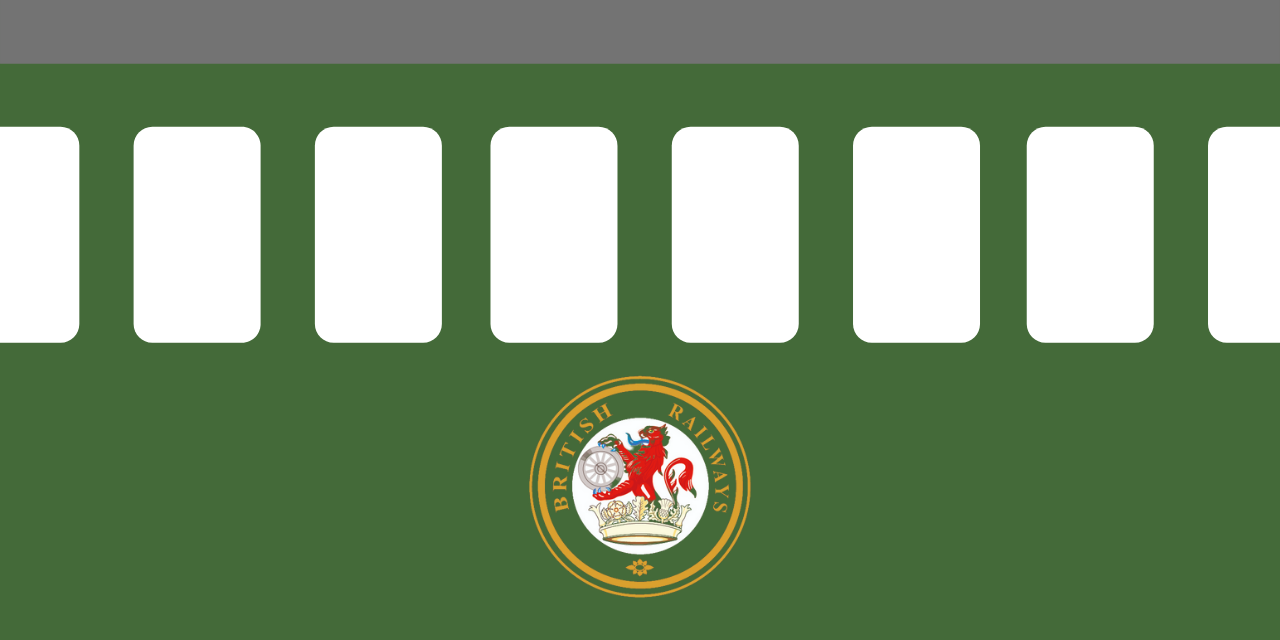 BR green with coaching stock roundel
BR green with coaching stock roundel
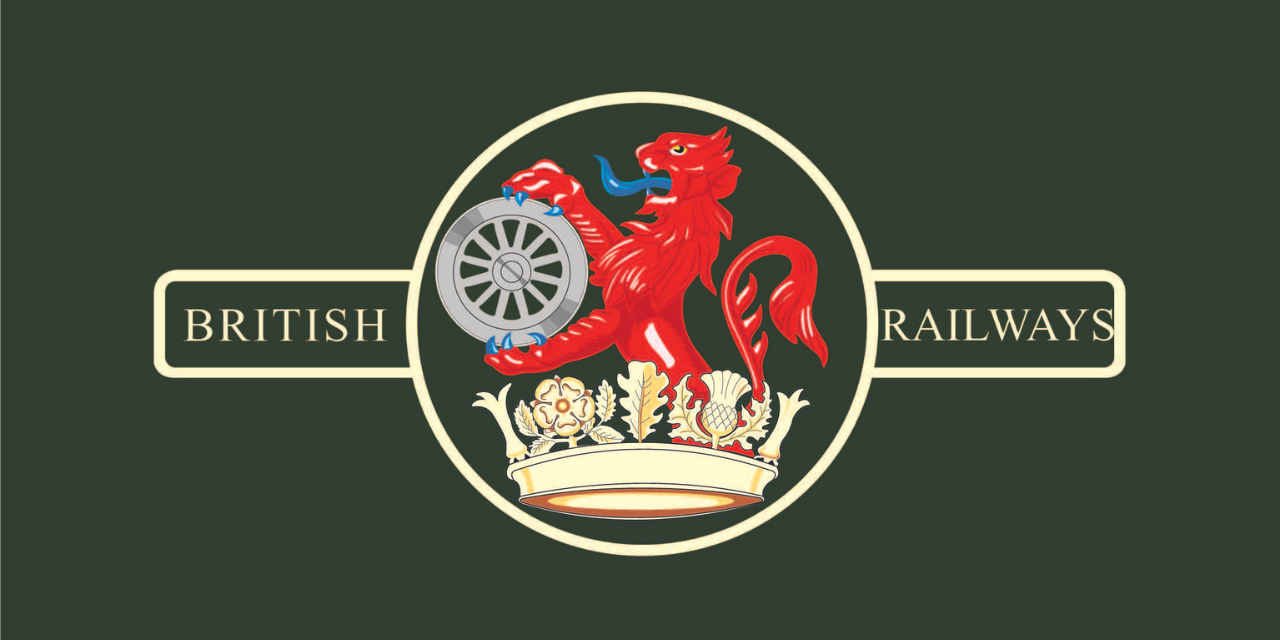 BR green with late crest
BR green with late crest
 BR blue
BR blue